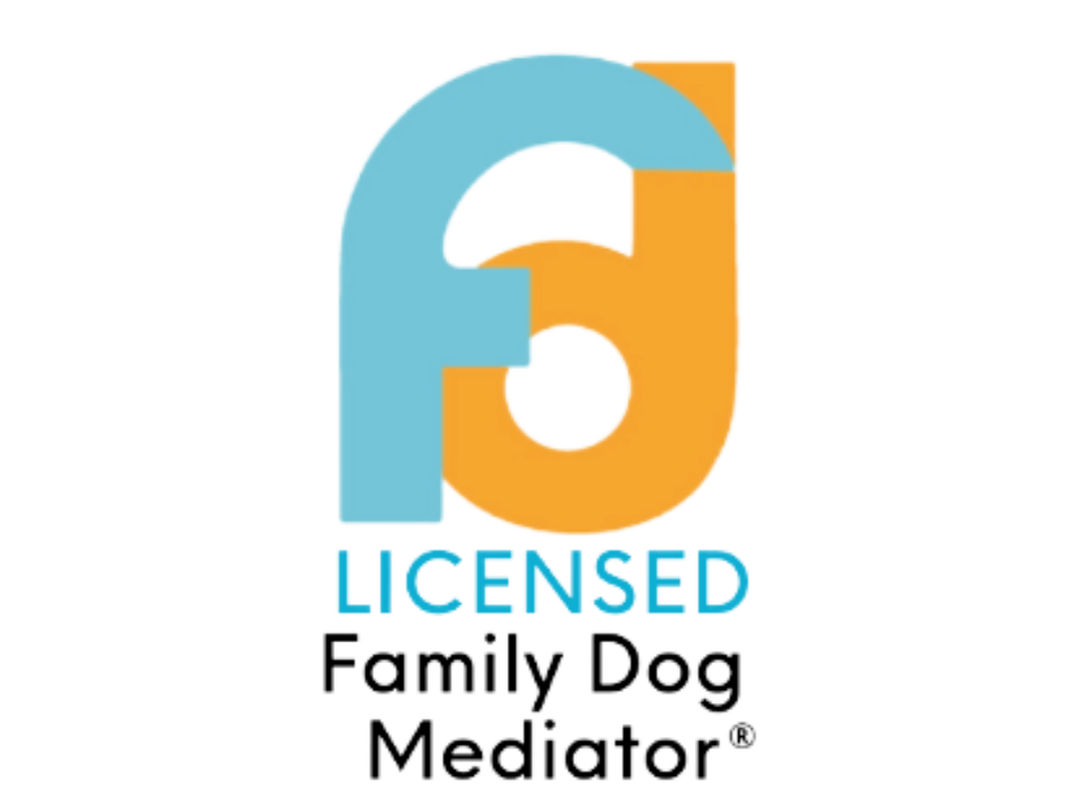|
Let’s dive into 8 common triggers for dog conflicts, making it easier to prevent and manage these tense moments. Understanding these triggers can help prevent conflicts and foster a sense of safety and security among your family pups.
For example, while Bull Breeds are not meant to be bred to be aggressive dogs, they have been bred over many thousands of years to step-up in conflict, rather than to back down. The same goes for Terriers. Guardians are bred to be suspicious of new people and animals. Scent Hounds are bred to state their emotions vocally, clearly, and without influence from people. Sight hounds and Herding Breeds are bred to be sensitized to quick movement in the environment. Natural breeds (such as Huskies, Chow Chows, Eskimo Dogs) are meant to be independent hunters, while Gun Dogs are meant to be orally fixated and mouthy. Toy breeds are meant to be sensitive and codependent. You can see where reactive behavior could stem from many of these natural tendencies. Learn more about your dog's breed group: There are no blank slates
Understanding these triggers can help prevent conflicts and foster a sense of safety and security among your furry family members. By being proactive and mindful of these factors, you can create a trusting environment where your dogs can coexist peacefully, much like Bowen and Lila (pictured below) 💕 Which ones trigger your dog(s)? Need more support trying to figure out where the issues are and what you can start doing about it? Check out the Virtual Miss Behavior Membership where you can learn more on-demand and get set up with private coaching, if you need one-on-one help!
1 Comment
Some great points! We have really had to learn to accommodate changing environments with our pups as avid travellers, and those outside factors really can have a major impact. Especially with one of our dogs being fear-reactive to people he doesn't know. Learning and understanding these potential triggers for trouble is so important!
Reply
Your comment will be posted after it is approved.
Leave a Reply. |
|
- Home
- About
- Blog
- Services
- Membership
-
Courses & Freebies
- All Courses
- FREE Boredom Buster Recipes
- COURSE: Building Resilience in your Family Dog
- COURSE: Managing the Leash Walk
- Potty Training COURSE
- Paws Off COURSE
- COURSE: Managing the Leash Walk
- FREE Attention Building Challenge
- FREE Scratchboard Training
- FREE Rest and Recovery Round-Up
- FREE Body Language 101
- Contact
- Home
- About
- Blog
- Services
- Membership
-
Courses & Freebies
- All Courses
- FREE Boredom Buster Recipes
- COURSE: Building Resilience in your Family Dog
- COURSE: Managing the Leash Walk
- Potty Training COURSE
- Paws Off COURSE
- COURSE: Managing the Leash Walk
- FREE Attention Building Challenge
- FREE Scratchboard Training
- FREE Rest and Recovery Round-Up
- FREE Body Language 101
- Contact
Search by typing & pressing enter
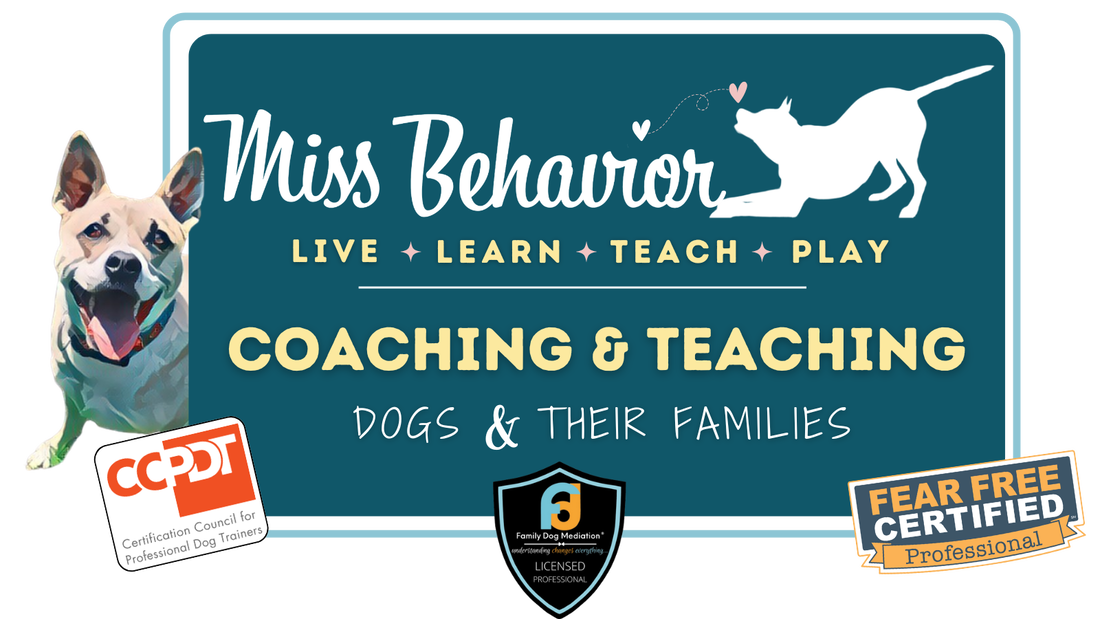

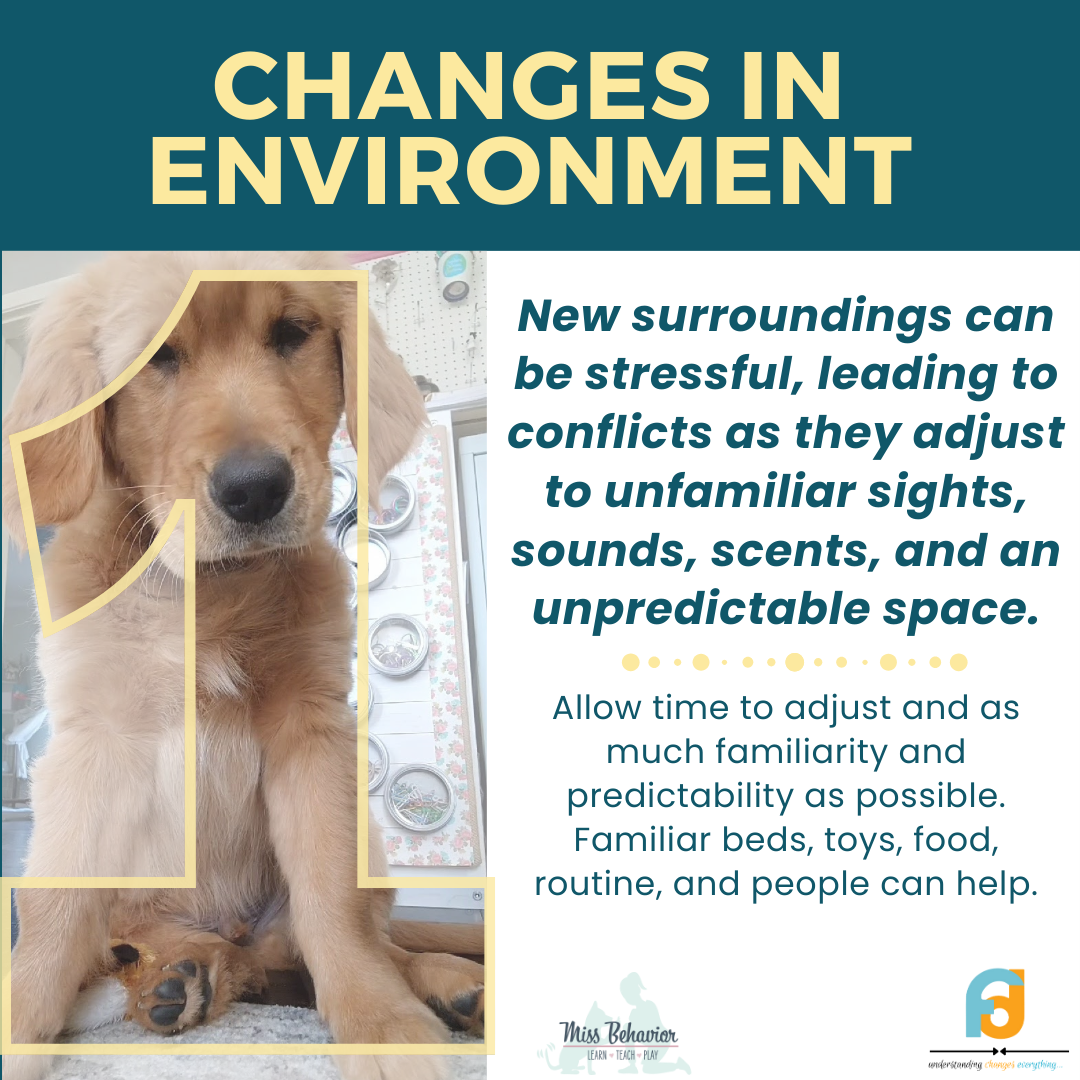
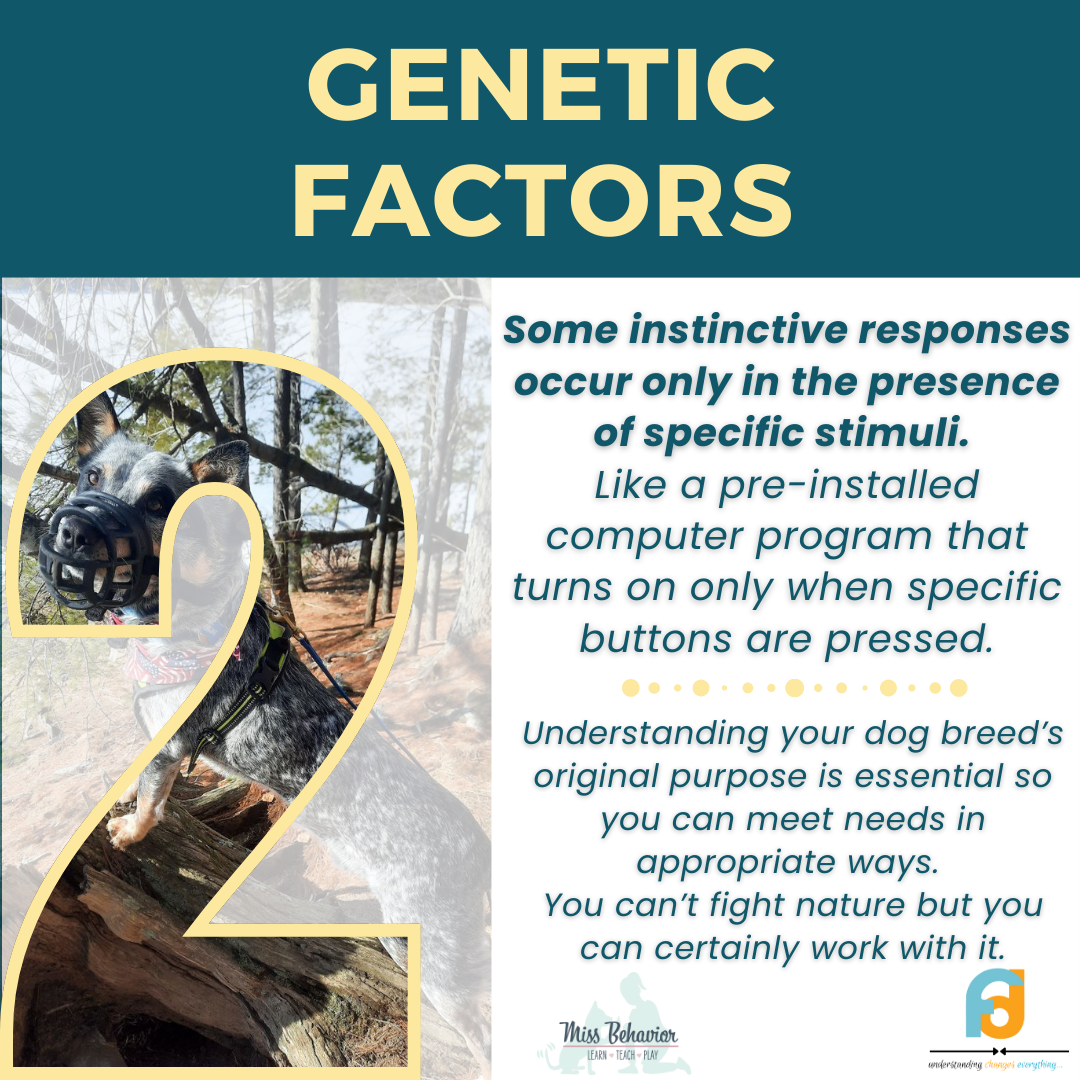

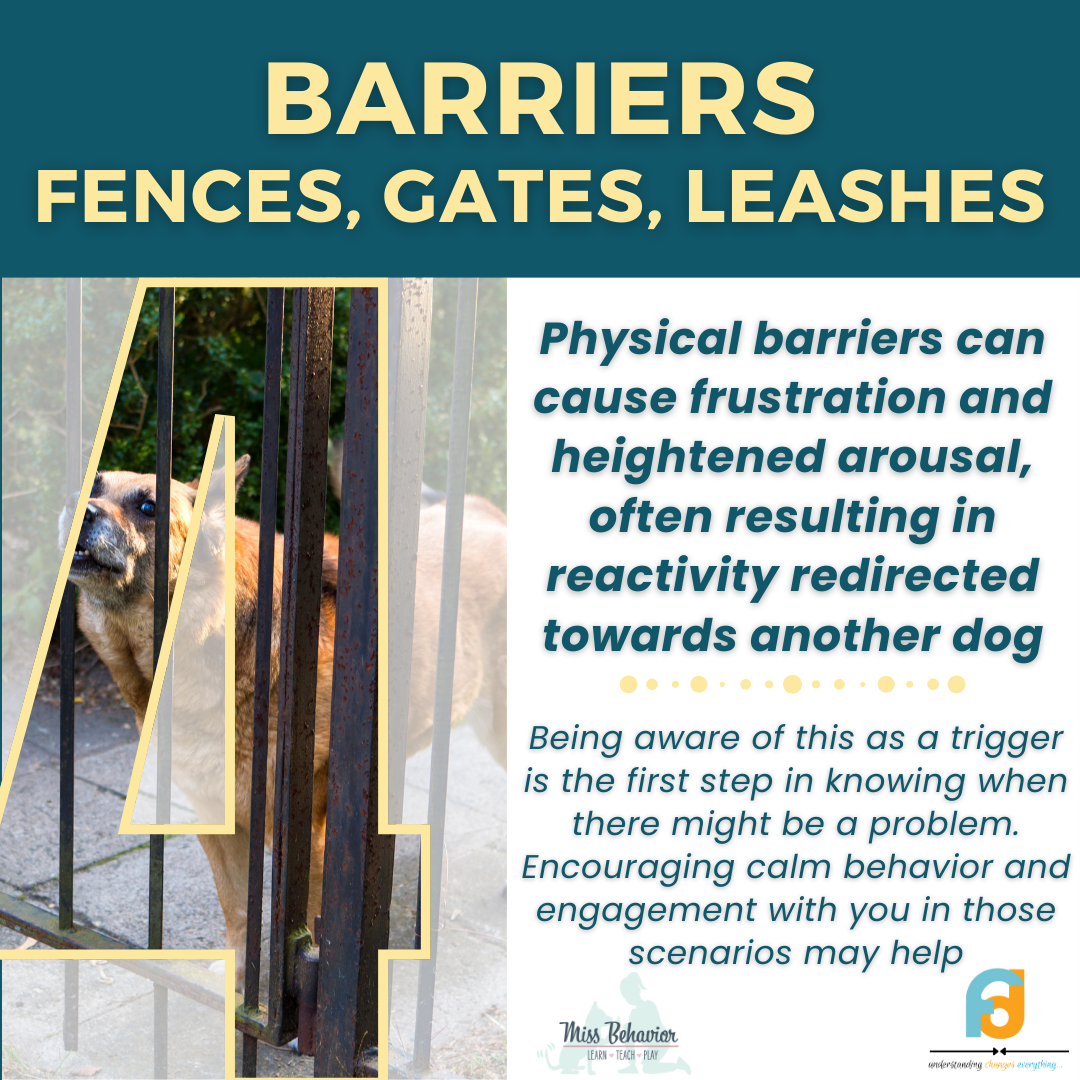
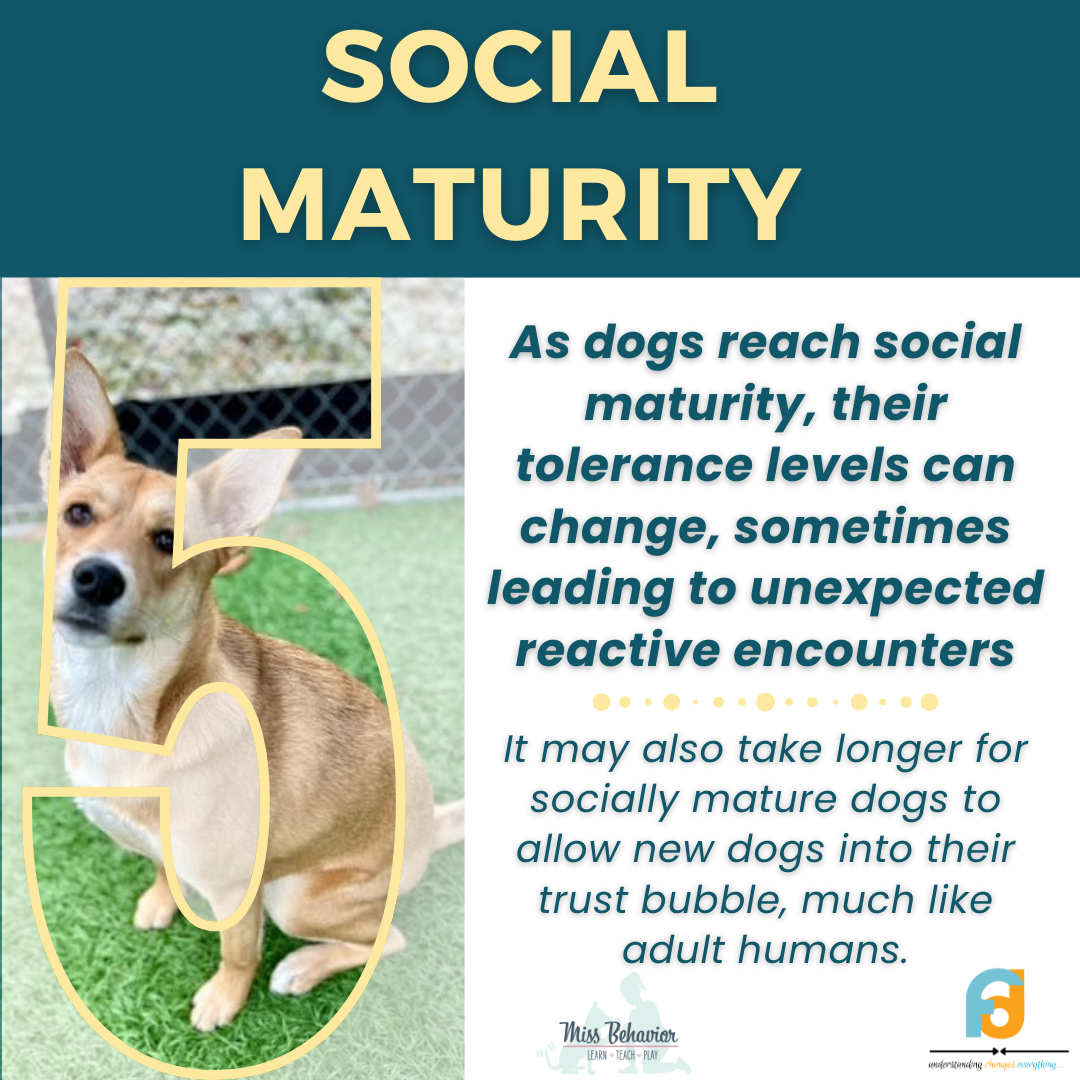
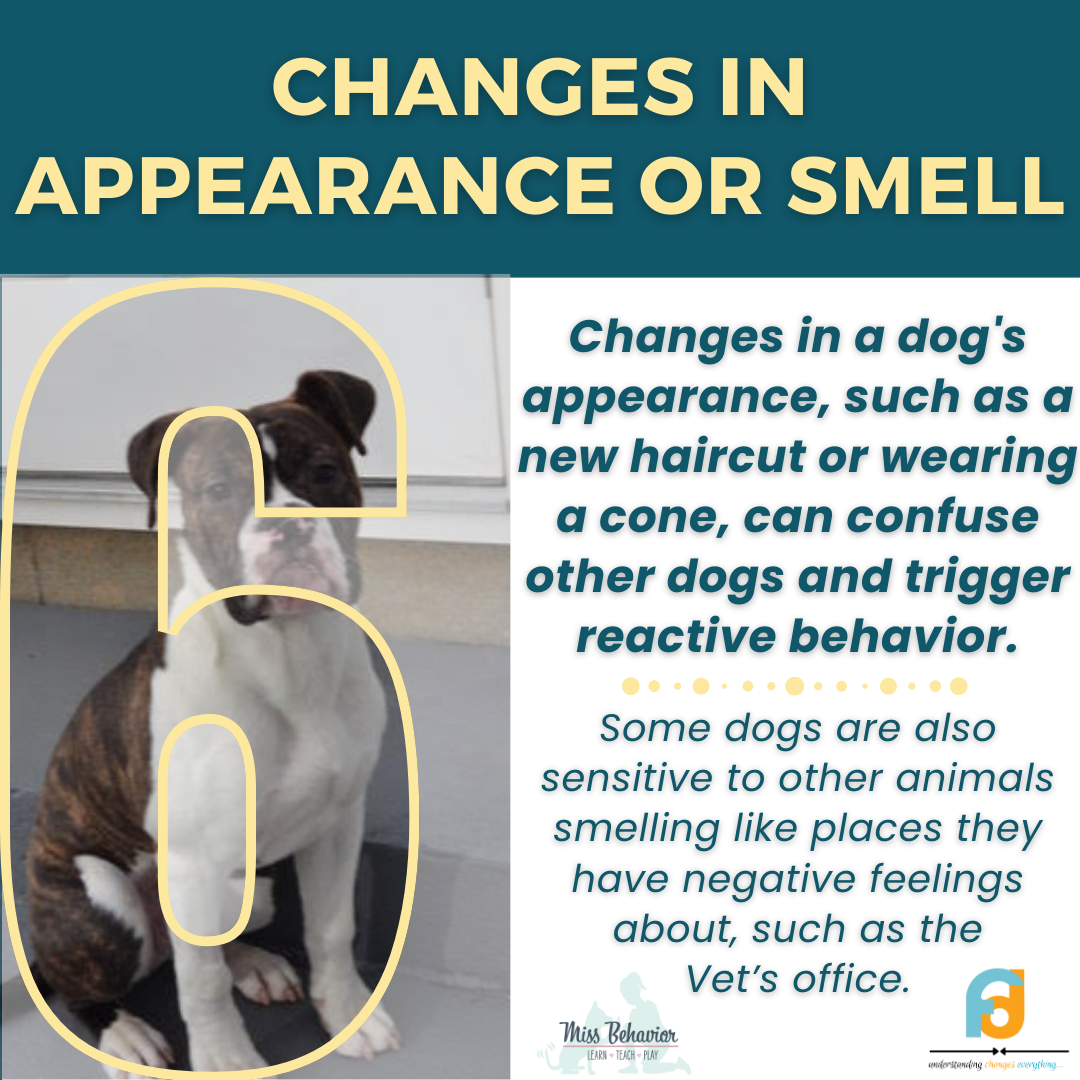
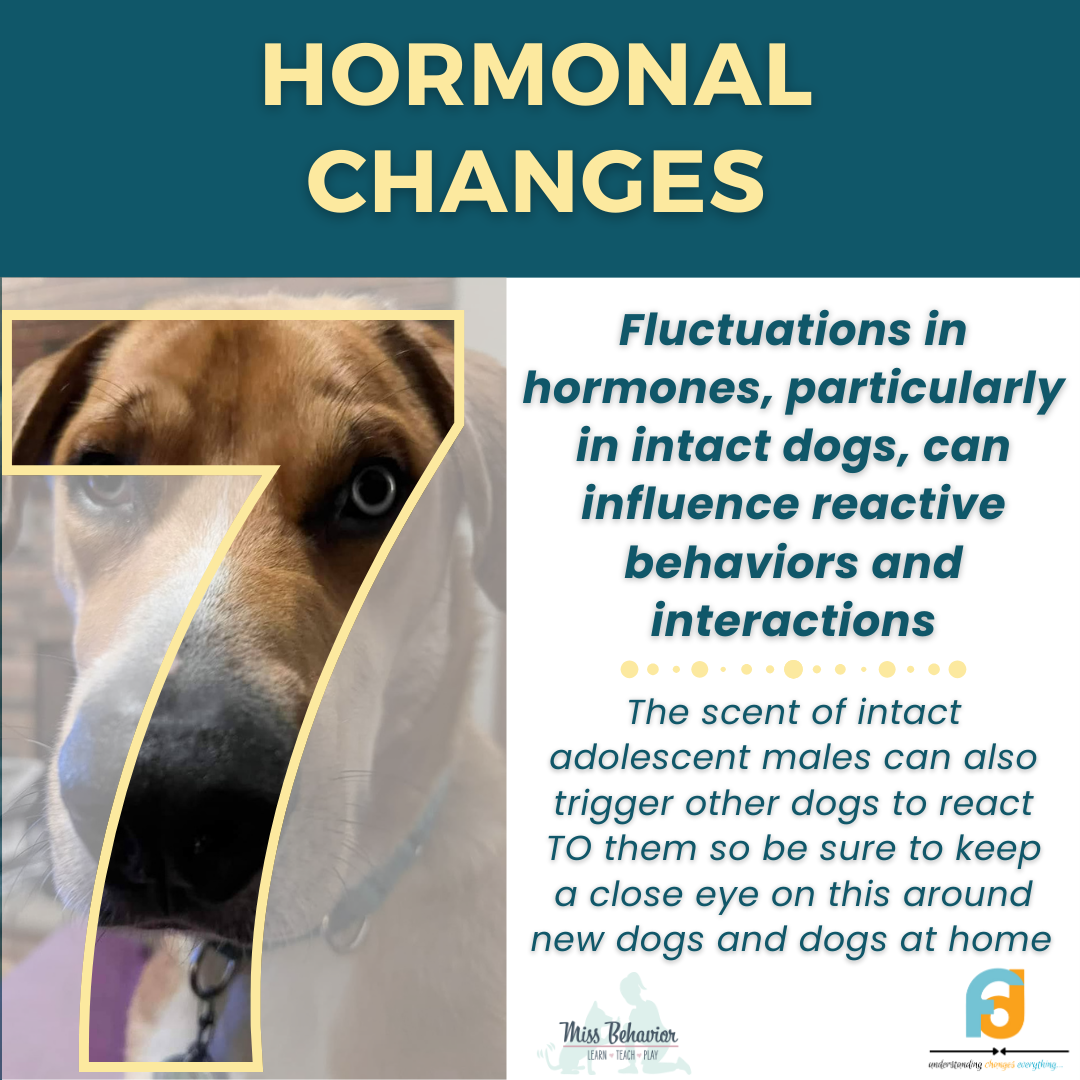
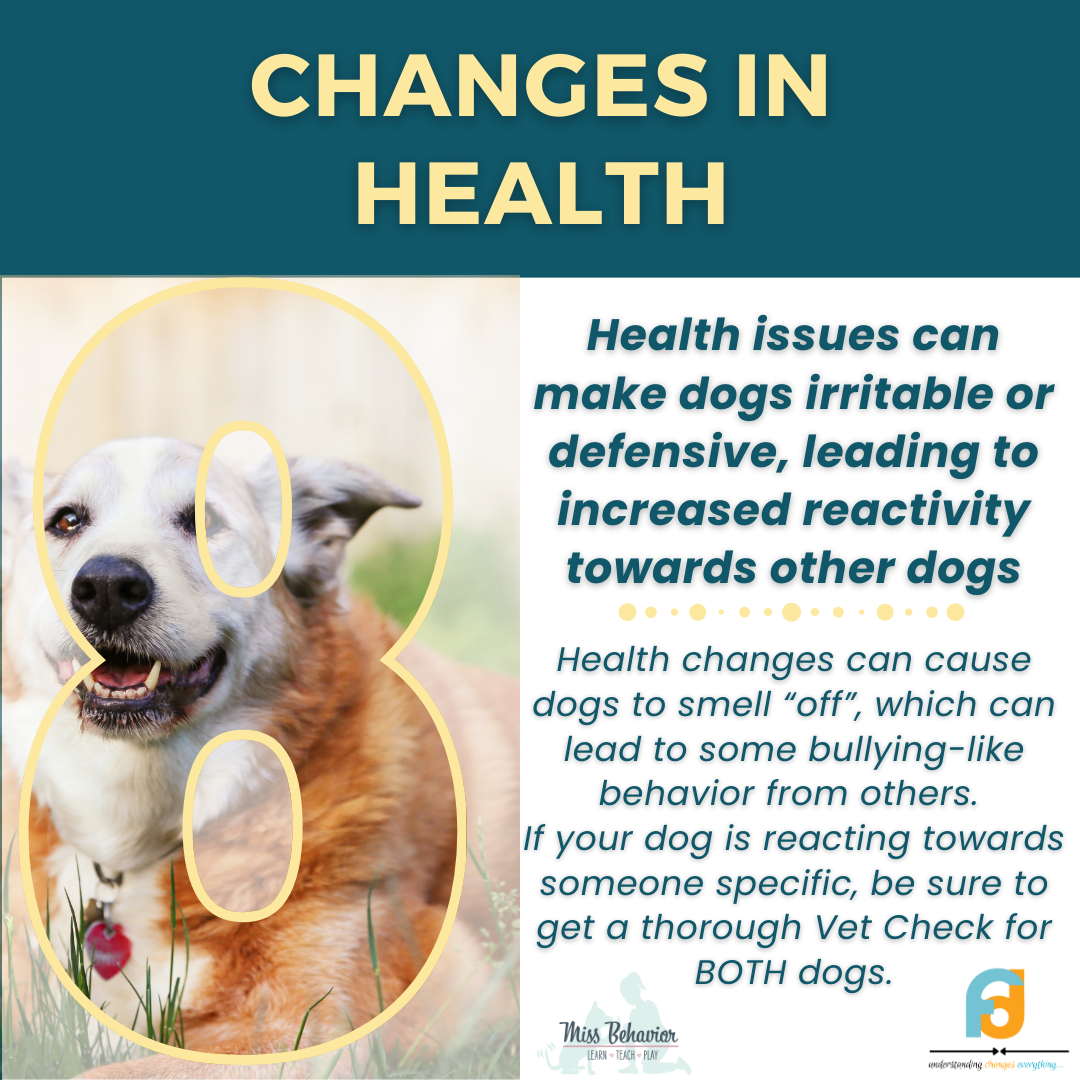



 RSS Feed
RSS Feed





